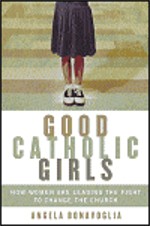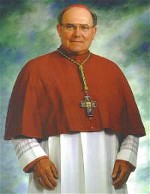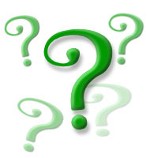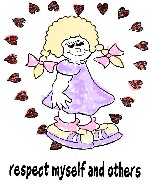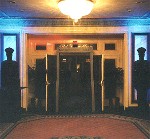A Yin Church

This is a post that's been percolating for awhile. And, it's about SEX!
Now that I have you're attention, it's actually about the "masculine" and "feminine" in everyone and every organization. I believe each of us has masculine and feminine traits/principles/energies/aspects. (Each is "deemed" masculine or feminine, I suppose, because in one sweeping generality, a particular energy is more closely associated with males or females.) One set of traits is not better or worse than the other. In fact, viewed as a whole, they present a quite harmonious whole.
Of course, this is not a new idea. According to traditional Chinese philosophy, yin and yang are the two primal cosmic principles of the universe. Yin is the passive, female principle. Yang is the active, masculine principle. According to legend, the best state for everything in the universe is a state of harmony represented by a balance of yin and yang.
Identifying someone or something as "masculine" or "feminine" has nothing or little to do with actual gender. A team of women can have very masculine energies, and a team of men can bring feminine principles to their work. I've long been an advocate for bringing more "feminine" aspects to the very "masculine" methods of business planning, and that work is done by men and women.
A few weeks ago, I attended a Presbyterian worship service (Gasp!) and was impressed by how the pastor introduced this concept of "the feminine" in regard to the church. (Had I known I was going to ponder it for weeks, I would have taken notes!) He acknowledged that throughout its history, Christian churches are quite "masculine". He posed a question of how different these churches would be if they were more "feminine". That's a great question!
As I've read the pages of the book, I've started to ask this question about the Catholic Church: How would a more "feminine" Church look? One powerful example jumped off a page. It's a quote attributed to Call to Action's Linda Pieczynski. While making a case for women playing a more significant role in the church, (Another separate and very interesting topic.) she described an approach to the sexual abuse crisis (Yet another separate and very interesting topic.) that is decidedly "feminine":
We wouldn't have tried to save Father Bob's reputation. We would have protected the children.See the Yin and the Yang?
That's just one example. Please toss in your own. Even if every Pope, cardinal, bishop and priest was still a man, (Remember, this has nothing to do with gender.) what would you see in a more "feminine" Catholic church?













